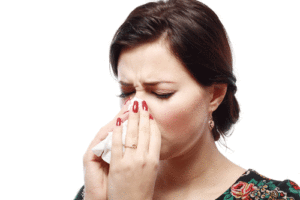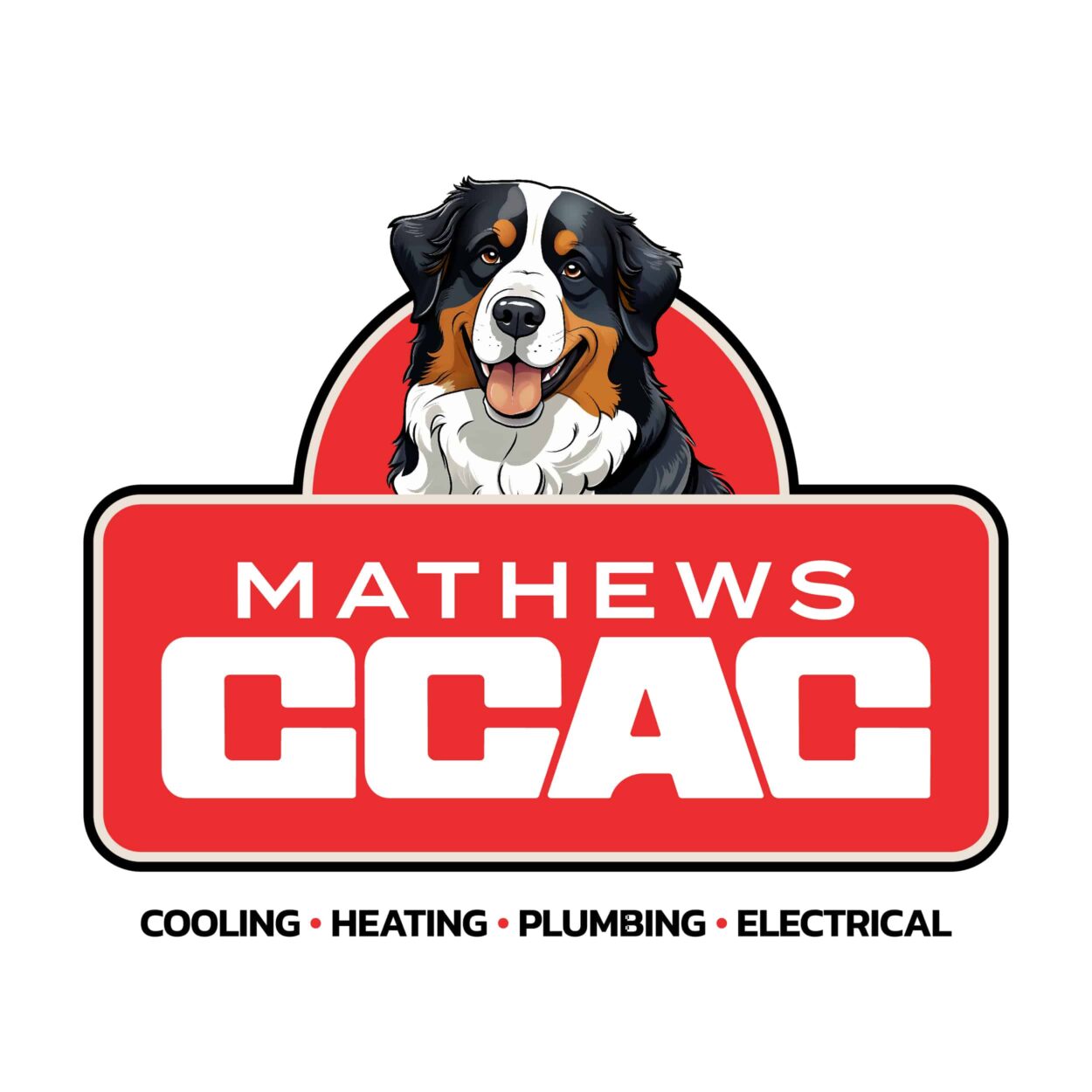
- Change the air filter. All forced-air HVAC systems use an air filter whose primary purpose is to trap airborne particulates that would otherwise cover the components inside the air handler. Keeping the filter clean is the first step to improve your IAQ, and replacing it with a higher quality filter is next.Better filters trap smaller particles, like dust mite waste, pet dander, pollen and mold spores, the most common airborne allergy triggers. Before upgrading the filter, check the owner’s manual or ask your HVAC contractor to learn the highest-rated filter you can use with your equipment. Too dense of a filter can harm the parts inside the air handler.
- Consider UV lights. Ultraviolet lights placed inside the air handler and the ductwork will neutralize
many of the offending particles that trigger respiratory and allergy problems. UV rays work by altering the DNA of microorganisms, rendering them less harmful. These lights also reduce the spread of mold, bacteria and viruses, since exposure interferes with their ability to reproduce. - Keep the ductwork tightly sealed. If you have abnormally dusty areas around the supply registers in your home, you may need to have your ducts sealed and tested for tightness to prevent energy loss and degraded IAQ. Leaking ducts pull dust and debris from the areas through which they pass, and each time your HVAC system runs, the particles inside them can circulate throughout your home’s air. Tight ducts also increase energy efficiency and prevent the spread of carbon monoxide throughout your home should you use a gas heating system, water heater or dryer.
To learn more about improving your indoor air quality, contact the experts at CCAC. We proudly serve the HVAC and IAQ needs of Coastal Bend homeowners.
Our goal is to help educate our customers in Corpus Christi, Texas about energy and home comfort issues (specific to HVAC systems).
Credit/Copyright Attribution: “Olena Zaskochenko/Shutterstock”
Blog












